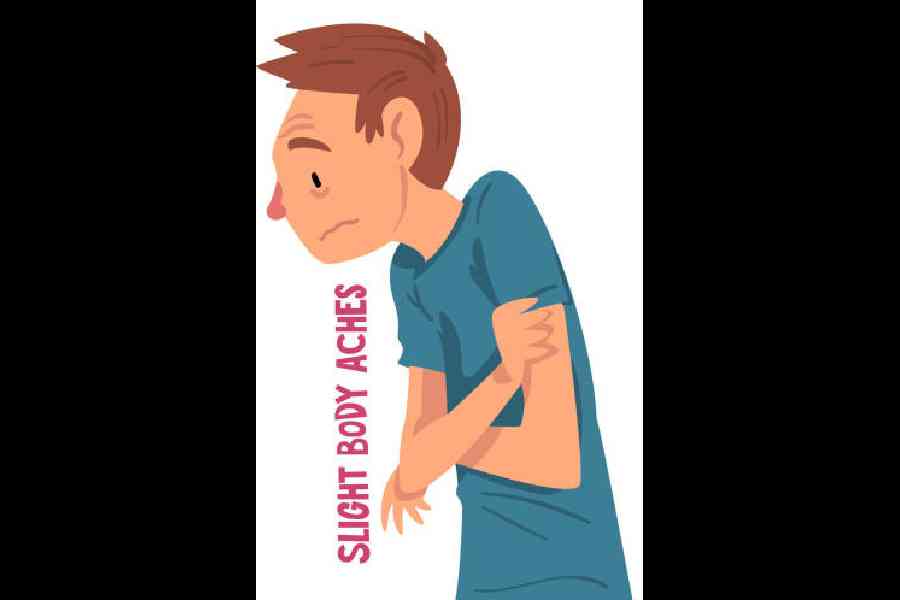q I suffer from joint pain and was advised to take collagen tablets. Do they work?
Collagen is an essential protein that supports skin, hair, nails, bones, joints and muscles. As we age, natural collagen production decreases, which may contribute to joint stiffness and discomfort. Certain foods — such as bone broth and the skin of chicken, fish or pork — do provide some collagen. Collagen supplements can help reduce joint pain and improve bone density. They are usually well-tolerated and rarely cause serious side effects. However, some people may experience bloating, indigestion, diarrhoea, headaches or light-headedness. In rare cases, allergic reactions can occur.
Sudden clumsiness q At 60 years of age, I have become clumsy. I often find myself dropping things.
Clumsiness may be due to side effects of certain medications, age-related muscle weakness, peripheral neuropathy (loss of sensation in the fingers and toes), conditions such as diabetes or hypertension, or even poor vision. Any contributing factor needs to be evaluated and corrected.
You can benefit from strengthening your muscles and practising simple balance exercises, information of which is readily available online.
Probiotic capsules q I started taking probiotic capsules because I read that they are good for health. Instead, I developed bloating and diarrhoea.
These side effects are relatively common with probiotic capsules. They are usually mild and temporary. However, if you are taking other regular medications or are immuno-
suppressed, it is best to check with your physician first. Probiotics are naturally present in foods like curd and traditional pickles.
Knee ache q I have knee pain, and my friends advised me to rest to recover. But the pain has become worse.
Knee pain is common as people age because the knee undergoes wear and tear over time. Strong muscles around a damaged knee can help support it. The quadriceps and hamstrings can absorb some of the shock typically cushioned by the cartilage and meniscus, especially if these structures are weakened or damaged.
Rest and painkillers may temporarily reduce discomfort, but they do not solve the problem. In fact, prolonged rest often worsens weakness and stiffness. Start with gentle strengthening exercises under the guidance of a physiotherapist. Gradually, you should progress to active strengthening routines and perform them regularly. This will improve support, reduce pain and help you stay mobile.
Fruit ban q I have type 2 diabetes and have been advised to avoid fruits.
Not all fruits are bad for you. In fact, eating whole fruits in moderation can help control blood sugar. Whole fruits are filling, release sugar slowly and contain antioxidants, vitamins and anti-inflammatory agents. They also provide fibre, which helps with regular bowel movement. Eating one to two whole fruits a day (not fruit juice) is safe and may even be beneficial.
Blocked ears q My ears are often blocked with wax.
Earwax prevents bacterial infection and protects the ear canal and eardrum. You may have used earbuds or hairclips to push the earwax further into the ear, causing it to block the ear. Wax usually comes out on its own. If you have exceptionally hard earwax, put wax-dissolving drops or mineral oil into the ear canal once a week. However, this should not be done if you have a perforated eardrum or some other ear problem.
The writer has a family practice at Vellore and is the author of Staying Healthy in Modern India. If you have any questions on health issues, please write to yourhealthgm@yahoo.co.in











